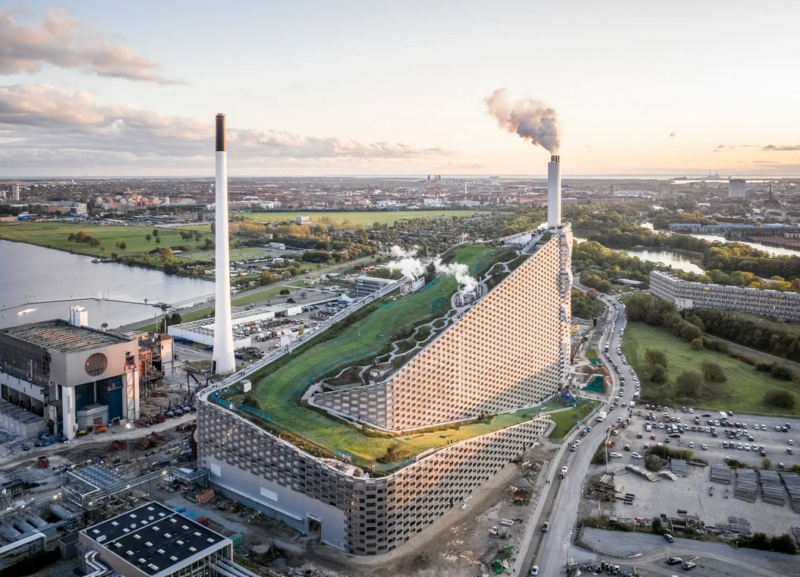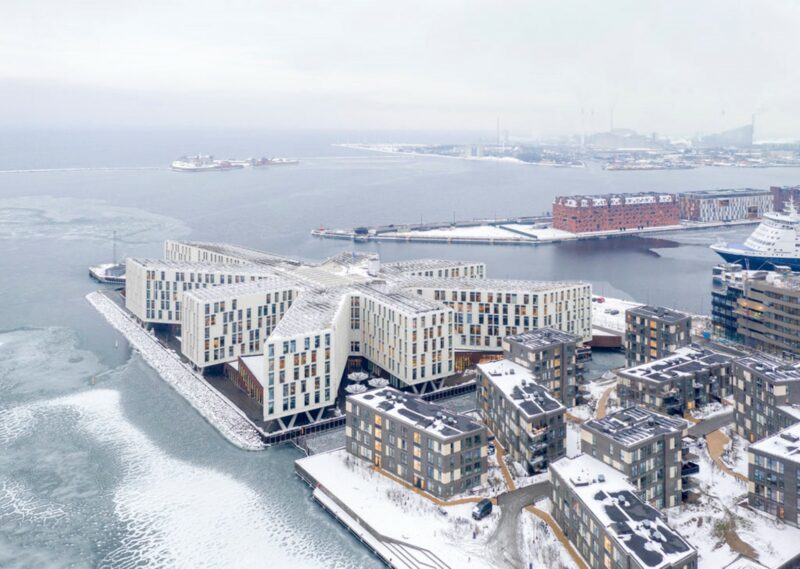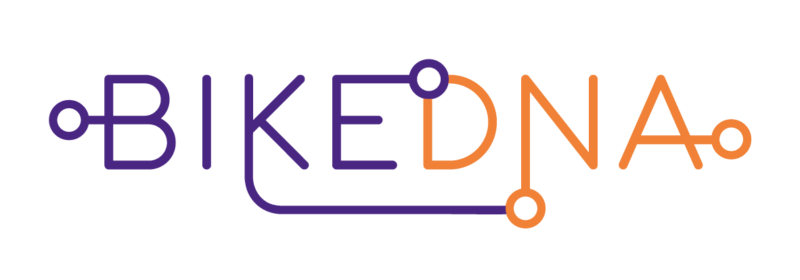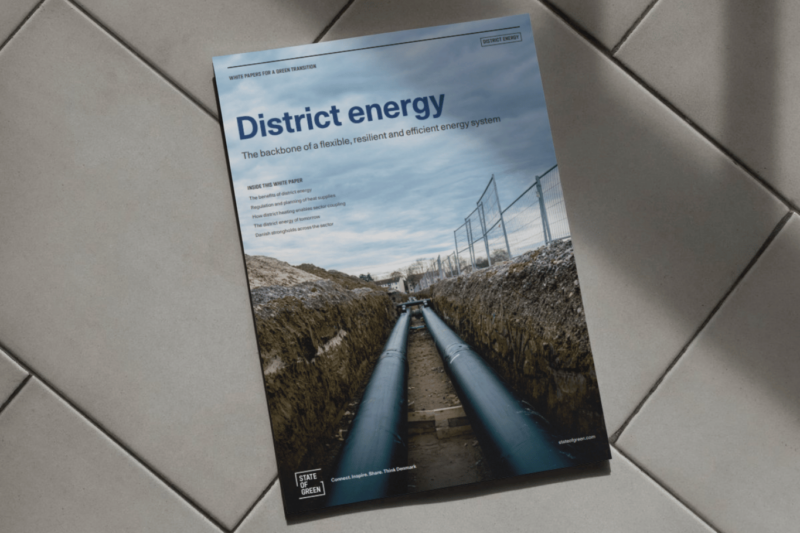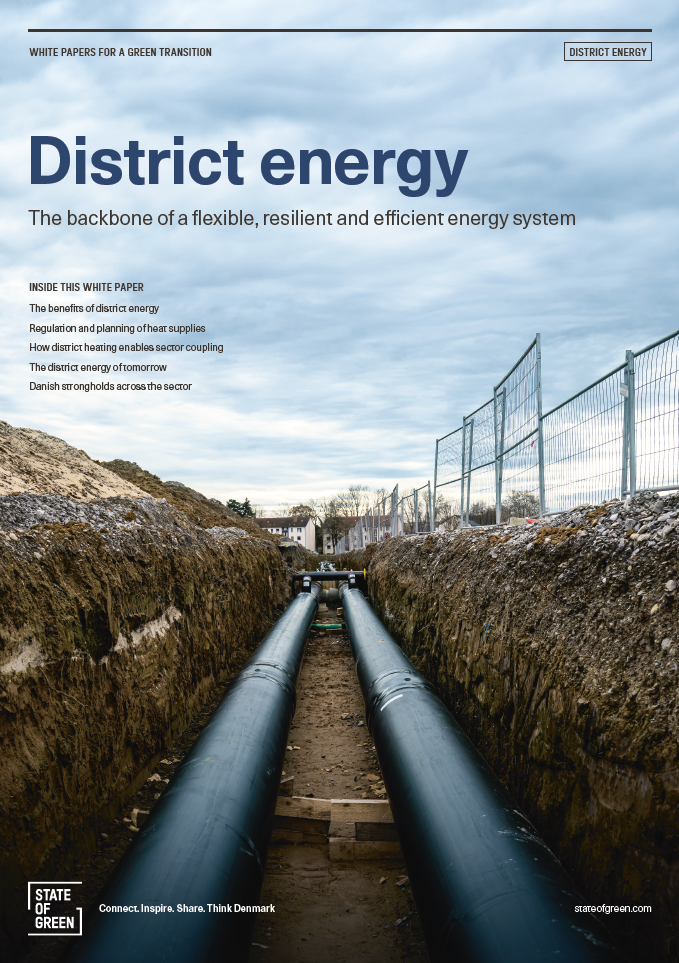News
Smart cities
Smart grid
Urban infrastructure planning
+2
Copenhagen Getting a Smart City Lab


Copenhagen Municipality has teamed up with the French lighting and traffic giant Citelum, the multinational IT company Cisco and TDC Erhverv to get the lab ready for its opening in June.
“A smart city is equal to a sustainable city in Copenhagen,” said Morten Kabell, Copenhagen’s deputy mayor for technical and environmental issues. “The new Street Lab will ensure that we take advantage of the potential in new digital solutions.”
“If we can measure the actual air pollution in the city with ease, we can strengthen the efforts against polluting car traffic. And by using sensors in rubbish bins, we can perhaps plan to keep the city clean in smarter ways than today.”
-Related news: 380 Intelligent Traffic Signals for Copenhagen
Urban migration
The Street Lab will use state-of-the-art measuring sensors and city wifi to collect data that can provide a unique insight into Copenhagen’s current condition.
Kabell contended that the need for the development of smart and digital solutions is more relevant than ever before as more and more people move to urban areas.
Today, over half of the world’s population lives in a city – a figure that is expected to increase to two-thirds by 2050.
-Related news: Liveable City: Copenhagen’s Buses Cut Pollution
The first solutions to be tested:
Air quality
Among other things, the goal will be to test how well one can measure air quality using the latest generation of sensors, which are less costly. They are not expected to have the same precision as the container-sized sensor currently on HC Andersens Boulevard, but they will be more affordable and thus be able to cover a larger area.
Intelligent rubbish handling
The trial of several types of sensor technologies in various rubbish containers in order to optimise rubbish collection, the placement of bins and the development of special solutions for night life.
City wifi
Internet access for tourists and online information for citizens and tourists regarding activities and opportunities in the city.
Smart parking
The budget for 2016 includes funds for the testing and establishment of sensors to help drivers find vacant parking spots via an app and better utilise the city’s parking space.
Later on down the line, solutions within tackling floods, mobility and the tracing of city equipment will also be tested.
-SEE THE TOTAL LIST OF THE TOP 24 GREEN NEWS FROM 2016
Sources: CPH Post Online
You should consider reading
solutions
Combined heat and power production
+6
CopenHill: The story of the iconic waste-to-energy plant
20 November 2024solutions
Energy efficiency in buildings
+2
Greening the UN one building at a time
20 November 2024solutions
Urban infrastructure planning
+2
SuperBlockify
15 November 2024publications
Combined heat and power production
+9
